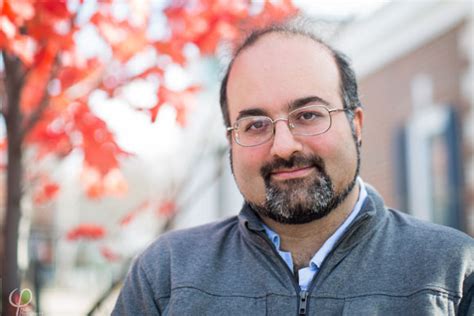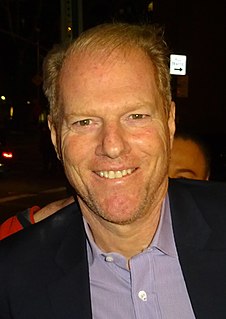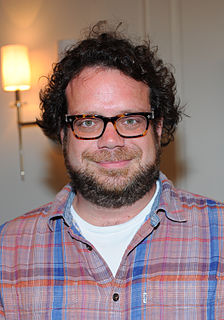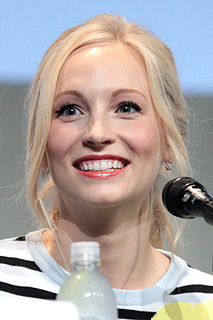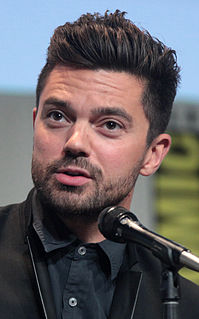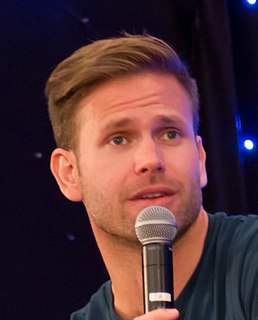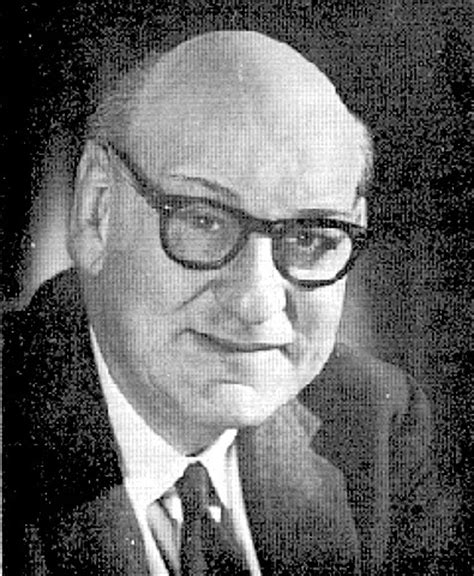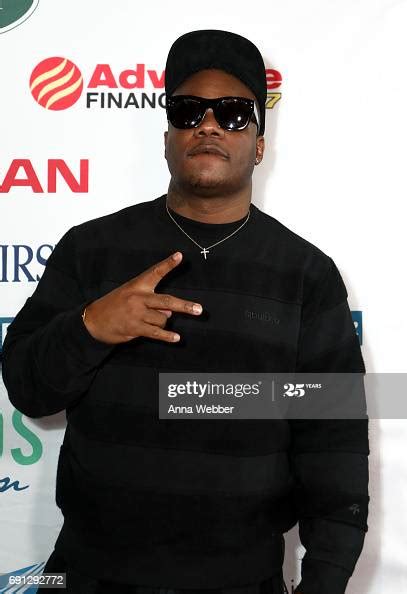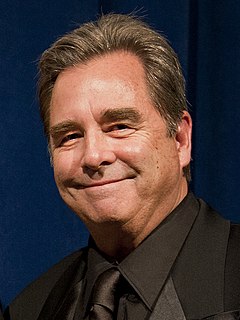A Quote by Catherine Hardwicke
It's interesting for me to do the commentary with the actors because, as a director, you're so in your own world that you see it from your perspective, your issues and what you were trying to do, and then it's really very fun to hear their perspective on how it was to do a particular scene or how they felt, and sometimes, I didn't even know that, at the time.
Related Quotes
The first step of gratitude is to see the gift...if you are in the middle of difficulties and problems, how can you feel gratitude? You've got to fight to find the gift even in the difficulty...when you shift your perspective from the perspective of the mind because life will never make sense to your mind...mind is very logical and life is not. In order for life to make sense you've got to be out of your mind and you've got to be into your soul. When you begin to see life from the perspective of your soul then even in the midst of the worst of it you can see the gift.
When I ask, “How are you?” that is really what I want to know. I am not asking how many items are on your to-do list, nor asking how many items are in your inbox. I want to know how your heart is doing, at this very moment. Tell me. Tell me your heart is joyous, tell me your heart is aching, tell me your heart is sad, tell me your heart craves a human touch. Examine your own heart, explore your soul, and then tell me something about your heart and your soul.
Actors always direct themselves. A good actor shows up onset ready, especially in television, and you've done your homework and you know your character. The director may have some variation on what you're thinking or they may have a different interpretation of the scene. So you come prepared to shoot and you've given yourself notes. In television, it may be the first time you're meeting this director and you've been living in this character's skin for a couple of years. It's always great to have fresh perspective and fresh insight, but no one knows your character better than you do.
I like a director who is very observant and is watching what I'm doing and noticing what I'm doing but is giving me time to figure it out. They don't jump right in and give you a note before you've had time to really search on your own with how to do a scene. I like a director that encourages me to be playful.
I think it’s very important to live in the present. One of the great things that improvising teaches you is the magic of the moment that you’re in … because when you improvise you’re in right now. You’re not in yesterday or tomorrow—you’re right in the moment. Being in that moment really gives you a perspective of life that you never get at any other time as far as learning about your ego… You have to see your unimportance before you can see your importance and your significance to the world.
Sometimes the personality or just the particular process of a director can really affect your quality of life as a composer in terms of how much time you spend away from your family or the amount of time you spend doing the type of work that you maybe don't consider as fun to do as other type of work.
If you're a song writer, it's a bit different because you are expressing your own words, feelings, perspective. As an actor, you are doing your best to interpret and express the root of the character's perspective which have been established by the writer. There are parallels of performing. Tapping into your own emotional piggy bank. The biggest commonality is if you are successful in either industry, you get free snacks all the time.
You must believe in your own instincts and your own instincts at any particular time and believe that they were the right ones for any given situation. So, there's no point ever of kind of regretting something because you can't properly remember the exact circumstances in which you were playing out this particular scene. You have to believe in your intuition and your instinct at that moment.
Television is interesting, in that the pace is quicker and you can see your work more quickly than with movies. And then, with the added social media aspect, you can access that relationship to the fans directly and you have control of the content of what you say, your perspective, your opinions and your ideas.
Let your mind see every detail of your own special version of the very best that life can be. If you could make the world exactly to your liking, consider very specifically just how that world would be. If you could spend your time doing precisely what you wish, how would the moments of your life be lived?
Don't think about how your characters sound, but how they see. Watch the world through their eyes - study the extraordinary and the mundane through their particular perspective. Walk around the block with them, stroll the rooms they live in, figure out what objects on the cluttered dining room table they would inevitably stare at the longest, and then learn why.
At the end of the day, it's all about how you were raised and your perspective. It's all about if you want to win. If you don't want to win anymore, then you can't win. If you're not in the game, you can't win the game. If you give up, let it be your perspective. I've been taught long ago that I'll never be nothing.
Some actors, and especially the younger actors, they come into the job with a lot of attention on how they behave and everything when they're not working. Sometimes that can be unfortunate because the work call is pretty intense and the preparation for it. If your focus is there, then the actual doing of the job will be fun and enjoyable. But if you're so involved in trying to be interesting and a character and everything when you're not working, it can get in the way and people get goofed up.


